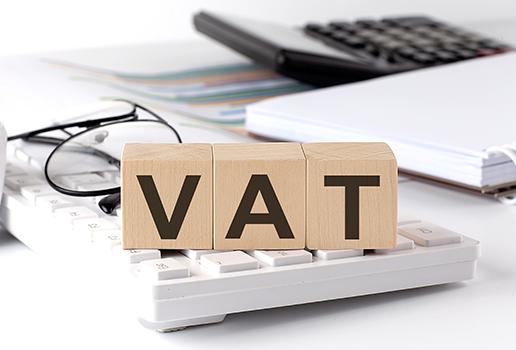Many solo entrepreneurs in the UAE seek to expand their businesses, and a crucial factor in this process is choosing the right entity type and location for incorporation. Each option has its advantages and limitations, as discussed below.
Choosing the right business entity is fundamental, impacting ownership, liability, compliance, taxation, and operational flexibility. An incorrect choice can lead to legal hurdles, unexpected tax burdens, and operational constraints.
A key decision involves choosing between a Limited Liability Company (LLC) and a Sole Establishment. An LLC provides limited liability, safeguarding personal assets from business debts but involves higher setup costs and compliance requirements. Conversely, a Sole Establishment offers simplicity and lower costs, yet exposes the owner to full liability.

The UAE’s dynamic business landscape presents numerous opportunities for entrepreneurs. A critical step in expanding a business is selecting the appropriate entity type and jurisdiction, each with advantages and limitations.
Choosing the right business entity is fundamental, impacting ownership, liability, compliance, taxation, and operational flexibility. A key decision involves choosing between a Limited Liability Company (LLC) and a Sole Establishment. LLCs provide limited liability, safeguarding personal assets from business debts but involve higher setup costs and compliance requirements. Conversely, Sole Establishments offer simplicity and lower costs, yet expose the owner to full liability.
For instance, freelance consultants may initially opt for a Sole Establishment for its ease and affordability. However, as their businesses expand, transitioning to an LLC becomes prudent to mitigate personal risk and enhance client credibility.
The UAE offers Mainland, Free Zone, and Offshore jurisdictions, each with unique characteristics. Factors influencing this choice include license requirements, infrastructure access, ownership regulations, costs, tax benefits, and target market.
Mainland LLC formation has been streamlined, with the removal of mandatory Emirati partners for most businesses, excluding “Strategic Impact” activities. Free Zones provide world-class facilities and sector-specific infrastructure, such as JAFZA for import-export and DIFC for finance.
For technology startups targeting both local and international markets:
Certain Free Zone businesses may qualify for Corporate Tax, VAT, and customs duty benefits under strict conditions.
The UAE’s conducive business environment, market access, stable governance, and advanced infrastructure create a strong foundation for growth. Realizing these benefits requires meticulous planning of a well-defined company structure to align business objectives with the chosen structure.
Link of the publish: https://gulfnews.com/gn-focus/key-considerations-for-incorporating-a-company-in-the-uae-1.500064473











